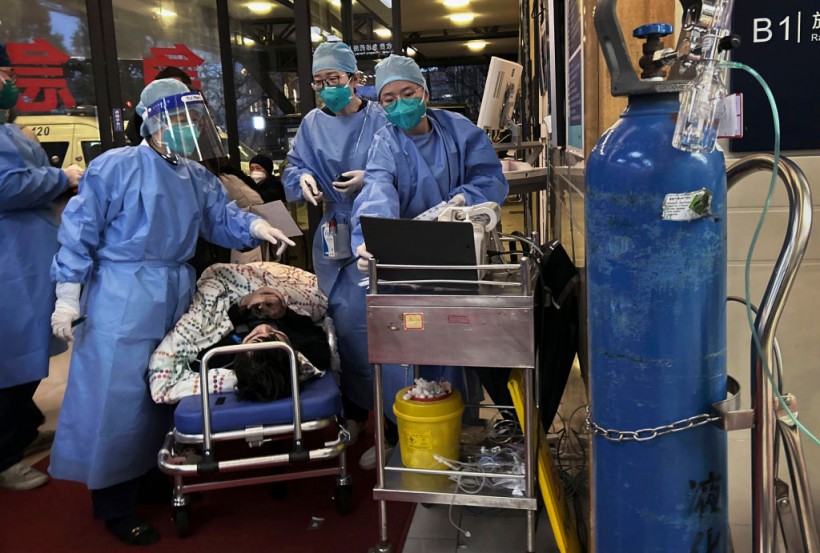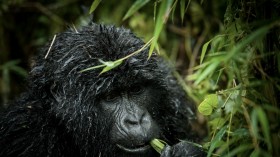Experts said that COVID-19 cases are seen to increase as winter season progresses.
Medical experts noted that other infections could also rise due to this weather phenomenon.
Rapidly Increasing Omicron Strain
The World Health Organization said that a sub-variant of the Omicron strain of coronavirus has been classified as a "variant of interest" because of "its rapidly increasing spread.''
It said that JN.1 has been found in many countries around the world, including India, China, UK and the United States.
Though its current evaluation of the global public health risk is "low,'' the United Nations health agency cautioned that with the onset of winter in the Northern Hemisphere, the new variant could increase the burden of respiratory infections in many countries.
These diseases include RSV, influenza and childhood pneumonia, which are already on the rise.
Previously, experts said that JN.1 was classified and tracked as part of its parent BA.2.86 lineage, which itself is a descendant of the Omicron or B.1.1.529 variant of SARS-CoV-2, the virus causing COVID-19 disease.
In comparison with its parent lineage BA.2.86, JN.1 has an additional mutation (the L455S mutation) in the spike protein.
Officials noted that that based on the currently available data, the additional global public health risk posed by JN.1 is currently evaluated as low.
However, they warned that with the onset of winter in the Northern Hemisphere, JN.1 could increase the burden of respiratory infections in many countries.
Furthermore, authorities also highlighted that current vaccines continue to protect against severe disease and death from JN.1 and other circulating variants of SARS-CoV-2.
Read Also: COVID-19 and Weather: Do You Have a Lower Chance of Contracting Virus in Warm Temperature?
Other Respiratory Diseases
According to experts, COVID-19 is not the only respiratory disease that is hitting the public in many countries.
Influenza, RSV (Respiratory Syncytial Virus) and common childhood pneumonia are also on the rise, according to WHO.
Authorities have advised people to take measures to prevent infections and severe disease using all available tools, such as wearing a mask when in crowded, enclosed, or poorly ventilated areas, and keeping a safe distance from other individuals.
They also urged everyone to put safety first by covering coughs and sneezes; cleaning one's hands regularly; and staying up to date with vaccinations against COVID-19 and influenza, especially if you are at a high risk of severe disease.
Moreover, people should stay home if they are sick, and to get tested if they have symptoms, or if they might have been exposed to someone with COVID-19 or influenza.
Meanwhile, the WHO also announced that COVAX, the landmark multilateral mechanism for equitable global access to COVID-19 vaccines, would end on December 31, 2023, as COVID-19 vaccinations shift to regular immunization programs.
Since its launch in 2020, COVAX delivered nearly two billion doses of vaccines to 146 economies and averted an estimated 2.7 million deaths in lower-income economies.
The WHO said that low- and lower middle-income economies will continue to receive COVID-19 vaccines and delivery support from Gavi, the Vaccine Alliance in 2024 and 2025, with 83 million doses so far requested for 2024 from 58 economies.
Moreover, COVAX partners urged the world to place vaccine equity at the heart of the global response to the COVID-19 pandemic, and for every country to have at least enough doses to protect those most at risk.
Related Article: Pneumonia Cases Spike In China As Winter Sets In, WHO Asks For Records
© 2024 NatureWorldNews.com All rights reserved. Do not reproduce without permission.






